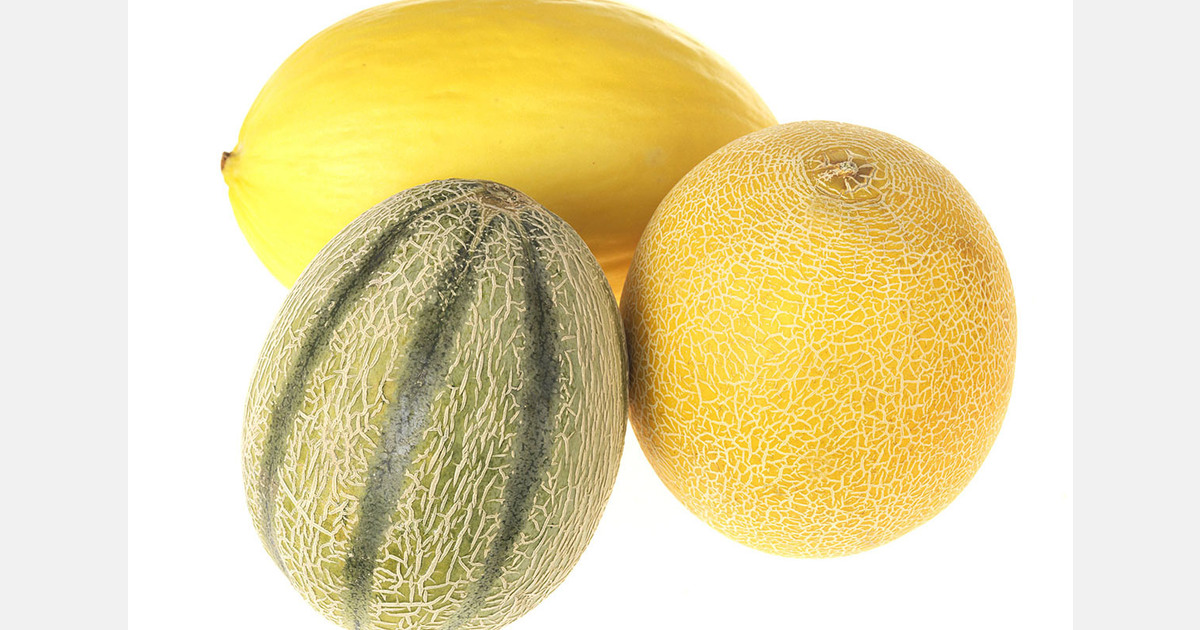
According to EastFruit, even with a decrease in melon acreage expected in Uzbekistan by 2025, exports of the fruit continue to expand. Recently, FERGANA EXIM AGRO successfully shipped fresh melons to Sweden, marking two deliveries of the “Torpedo” and “Obi-Navvot” varieties. Notably, the first batch reached Stockholm after a two-week journey with no quality loss, prompting a subsequent order of 20 tonnes.
Yorkin Inamov, head of the company, expressed optimism about the potential of the Swedish market for Uzbek melons in Europe, hinting at the role it might play in popularizing these melons across the continent.
In Sweden, retail prices for these melons are about 30 SEK per kg, translating to roughly €2.70 or US$3.10. In contrast, Uzbek farmers sell them at US$0.20 per kg directly from the fields. Despite what appears to be substantial export margins, complexities arise. Suppliers often receive only 40–50% of the retail price after 30 to 90 days post-delivery. Importers further add margins ranging from 20–40% and potentially reach 70% for newer suppliers such as those from Uzbekistan. Additionally, Swedish supermarket chains typically avoid dealing directly with smaller foreign exporters, which means Uzbek exporters might only receive 20–30% of the retail price.
Sweden imposes strict quality, safety, and packaging requirements, leading to higher production costs for export-oriented growers. Melons are graded by size, and only select portions qualify for export. Safety testing, often conducted in EU laboratories, along with robust export documentation, contributes to the financial burden.
Export packaging is another costly affair. In Uzbekistan, non-returnable packaging needed for exports is significantly pricier compared to Europe. These upfront expenses often equate to a mid-sized grower’s entire annual turnover. Additionally, exporters bear risks of spoilage during transport and payment delays.
As a result, not all Uzbek businesses are eager to explore EU exports, despite potential profits. Andriy Yarmak, an economist at FAO’s Investment Centre, states, “Exporting to demanding markets isn’t a free gift. It requires major investments in know-how, buyer outreach through trade shows and missions, product adaptation, and working capital.”
In Sweden, Uzbek melons are already available in locations such as Sollentuna Centre, Marvärlden, and Hötorget. This represents the second export phase for Fergana Exim Agro, following an initial shipment of freeze-dried and dried fruits valued over US$30,000. The company previously exported Meyer lemons to Japan, establishing access to premium Asian markets.
Source: EastFruit
Source: The Plantations International Agroforestry Group of Companies
